Business in Hungary, Budapest. Mobile Phones
Hungarian Foreign Trade, Logistics. Hungary: EU largest producer of mobile phones
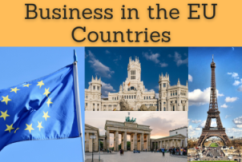
Hungary is a moderate-high growing Economy
Hungarian automotive sector is increasingly important. Brands like Audi, Mercedes, GM-Opel or Suzuki have factories in Hungary
Hungary is the main hub for mobile phones production in the European Union
- Introduction to Hungary (EU)
- Hungarian Economy: the largest Mobile phone producer in the European Union
- Doing Business in Budapest
- Hungarian Foreign Trade
- Transport and Logistics
- Investment in Hungary
- Access to the Hungarian Market
- Business Plan for Hungary

The educational aims of the Subject “Foreign Trade, Logistics and Business in Hungary” are:
- To analyze the Hungarian Economy, Logistics and Global Trade
- To conduct research on business opportunities in the Hungarian Market
- To research the trade relations of Hungary with the student's country
- To know Trade Agreements of Hungary as a member of the European Union
- To develop a business plan for the Hungarian Market

The Subject “Foreign Trade, Logistics and Business in Hungary” is included within the curriculum of the following academic programs at EENI Global Business School:

Masters: International Business, Foreign Trade.

Languages:  +
+  Hungría
Hungría  Hongrie
Hongrie  Hungria.
Hungria.
- Subject Credits “Doing Business in Hungary”: 1

International Trade, Logistics and Business in Hungary
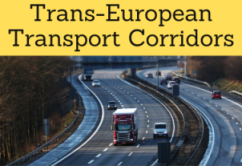
- Pan-European Transport Corridor II
- Pan-European Transport Corridor IX
- Baltic-Adriatic Logistics Corridor
Sample: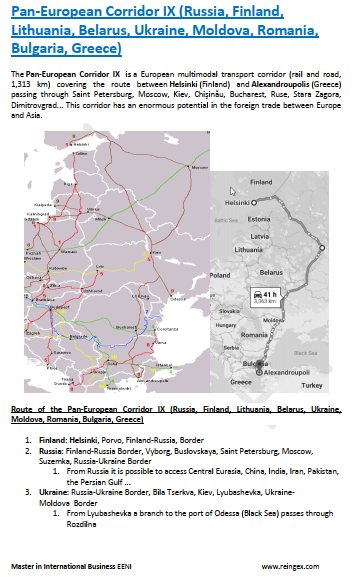
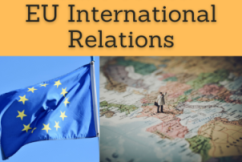

Hungarian Preferential Access and Trade Agreements:
- Hungary and the European Economic Area
- European Union
- European Single Market
- The European Union Services Directive
- European Digital Single Market
- European Customs Union
- As a member of EU, Hungary is a beneficiary of EU Trade Agreements
- Commonwealth of Independent States
- Regional Cooperation Council
- Council of the Baltic Sea States (observer country)
- Organization of the Black Sea Economic Cooperation (observer country)
- Cooperation Council of Turkic Speaking States (observer country)
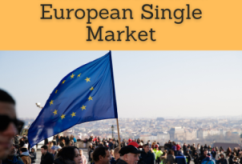

- World Trade Organization (WTO)
- Agreement on Trade in Services (GATS)
- Agreement on Sanitary Measures
- Agreement on Technical Barriers to Trade
- Agreement on Preshipment Inspection
- Agreement on Safeguards
- Trade Facilitation Agreement
- World Customs Organization (WCO)
- Kyoto Convention
- Convention Harmonization of Frontier Controls of Goods
- CIM, CIT Rail Rules
- COTIF Convention (Rail)
- BIC
- Chicago Convention (ICAO)
- International Maritime Organization (IMO)
- Convention for Safe Containers
- Istanbul Convention
- Customs Convention on Containers
- Hamburg Rules
- International Road Transport Union (IRU)
- TIR Convention
- Guidelines on Safe Load Securing for Road Transport
- CMR Convention (UN)
- Organization for Cooperation between Railways (OSJD)
- International Chamber of Commerce
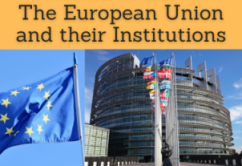
- European Union
- Economic Commission for Europe (UNECE)
- Organization for Security and Cooperation in Europe (OSCE)

- Asia-Europe Meeting
- OECD
- OECD anti-corruption measures
- International Monetary Fund
- World Bank
- United Nations
- World Trade Organization (WTO)
- CPLP (observer country)
- Hungarian Capital: Budapest
- Official Language: Hungarian
- Hungarian Area: 93,028 km²
- Hungarian Population: 9.9 million people
- Type of Government: Democratic Parliamentary Republic
- Borders of Hungary: Slovakia, Ukraine, Romania, Serbia, Croatia, Slovenia and Austria
Religion in Hungary: Catholicism (Christianity).
Hungary belongs to the European Economic Area.
Economy of Hungary.
- The private sector generates about 80% of the Hungarian GDP
- Currency of Hungary: Hungarian Forint
- Hungary is a member of EU since 2004
- Hungary attracts ten million tourists every year
- Hankook tire company is also in Hungary
- Main Hungarian products: building materials, processed foods, textiles, chemical and pharmaceutical products, cars

Hungarian Foreign Trade
- Main Hungarian Exports are machines, equipment, foods, raw materials
- Top Hungarian export markets are Germany (28%), Italy, France, Austria, Romania, the UK, Slovakia, Poland
- Main Hungarian Imports are machinery, raw materials, manufactured products
- Top suppliers of Hungary: Germany (27%), China, Austria, Italy
(c) EENI Global Business School (1995-2025)
Top of this page









 WhatsApp
WhatsApp